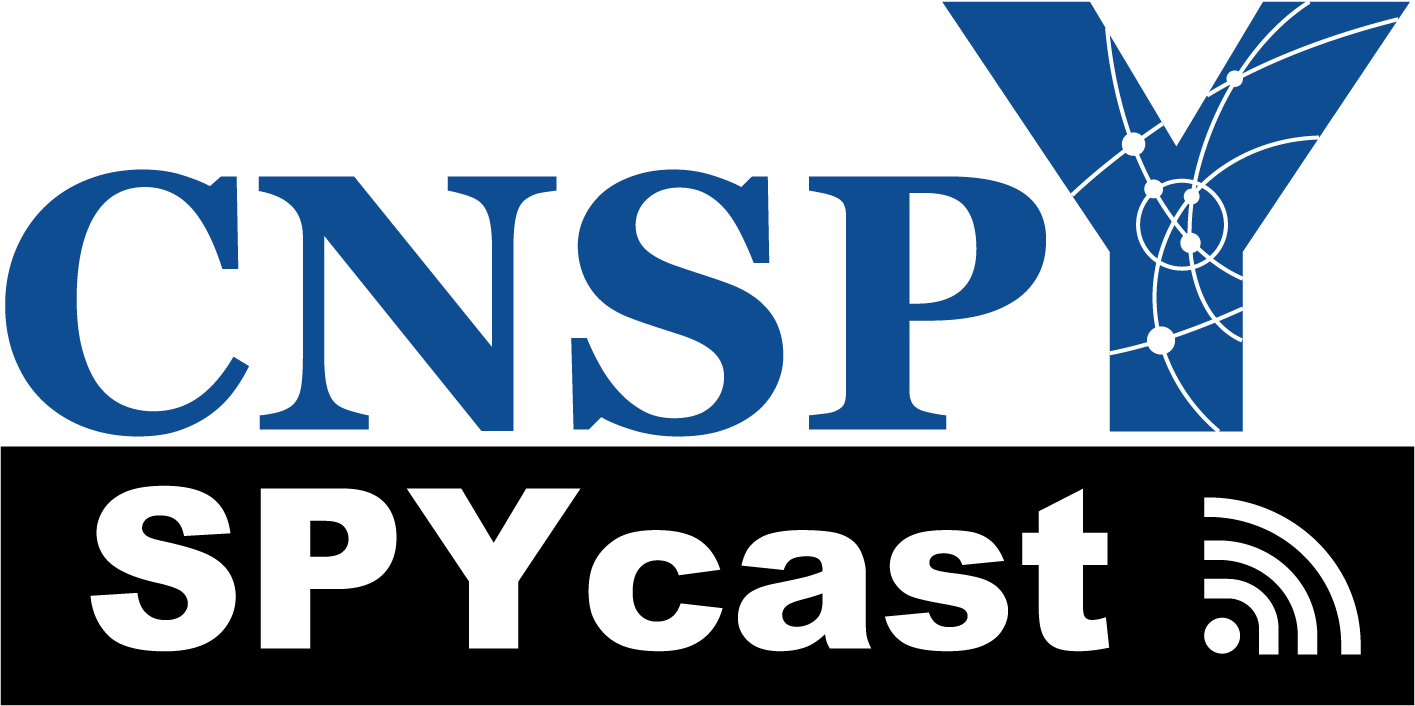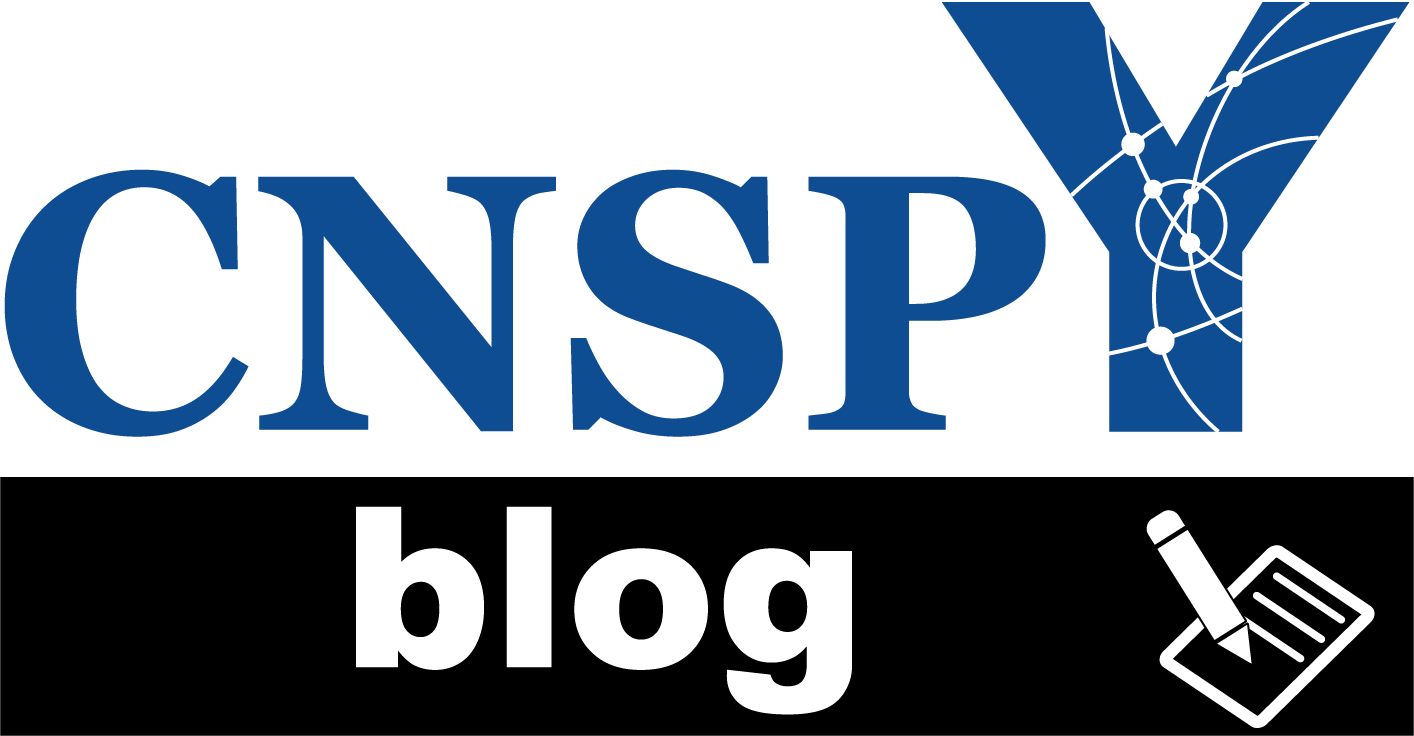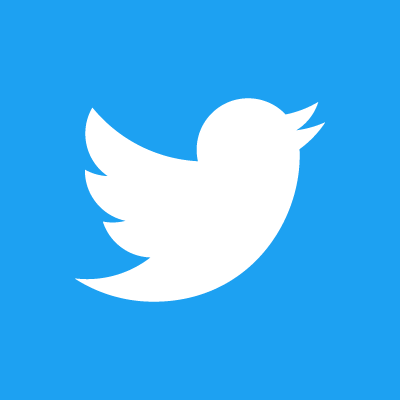As a follow-up to the most recent Career-in-Focus spotlight in the CNSPY Newsletter on careers in Research and Development (R&D) in Industry, this week we’re presenting five common questions you can expect to receive in an interview for an R&D position and how to answer them.
First and foremost, you should ALWAYS prepare for interviews. Job interviews are definitely not the place to “wing it” and hope for the best. For each interview, you should familiarize yourself with the company and have great answers ready-to-go for the questions that are typically asked in interviews for a given field.
In this case, that field is R&D, and according to the Cheeky Scientist, an association dedicated to preparing graduate students and postdocs for a career in – and a transition to – Industry, these are the five most commonly asked questions in interviews for R&D positions; thus, it behooves you to prepare for them if Industry R&D is the route you’re thinking about pursuing.
1) Why are you a good scientist?
No one wants to be challenged on their merits, and logically, you would think that THEY already think you’re a good scientist if they invited you for a interview, but they will likely still ask you why you are good at what you do.
This type of question is often off-putting for interviewees because it’s probably not something you think about on a regular basis, but now is the time to come up with a good, solid answer and have it ready-to-go when this question pops up.
An example of a great answer to this question is, “I’m a good scientist because I think about WHERE and HOW my actions are going to end up in terms of achieving a goal that will ultimately help other people – and myself – in the long-term, not just fulfill my own personal short-term needs.” – Cheeky Scientist
Put the focus on the bigger picture. Avoid highlighting the details of how talented you are at certain techniques – those can always be learned.
What they would prefer to know is how those nitty gritty details translate into the bigger picture. All of those minor details have to fit together to create a whole that is greater than the sum of its individual parts in order for a project to succeed, so think ‘big’ to answer this question. Doing so will make you sound more worldly and well-rounded.
2) Are you an ethical scientist?
Just as no one likes to be challenged on their technical merit (above), no one wants to be confronted about their ethical practices either, but it’s an important matter and sometimes interviewers ask this question in order to gauge how uncomfortable it makes you – as the level of discomfort can sometimes indicate your true feelings and hint at whether or not you’re lying.
As sly and conniving as it may be, this type of inadvertent accusation is bound to make anyone uncomfortable, even if you are a completely honest person! This is why it’s imperative to prepare yourself for the interview – especially for the uncomfortable and odd questions that may come up.
The Cheeky Scientist advises you to fixate your focus/gaze on the interviewer when answering this question. Darting eyes that shift nervously around the room suggests deceit, as it’s much easier to lie when you aren’t looking directly at the person who asked the question (for more on this topic, read point #10 on our previous blog post).
Look your interviewer straight in the eyes and, without hesitating, say something to the effect of, “Yes, I am. In fact, I often question my own results and perform experiments over and over again to first convince myself that what I am seeing is real before I even consider reporting those findings to my coworkers, my boss, or a broader audience. I always want to make absolutely certain that my work is reliable and reproducible before I publicize anything because – hey! – it’s MY name that’s on the line, too(!), not just my boss’s, my group’s, and my company’s name.”
Make it clear that you do (and WILL do) everything in your power to check and re-check your work to back up your word. And consider throwing in a comment towards the end referencing the idea that you would never throw yourself under the bus and ruin your own career. This will drive the message home, indicating that you are fully aware of the repercussions of unethical work, and it may even elicit a chuckle or at least a smile out of your interviewer, which could serve to lighten the air on such a heavy topic.
3) How do you handle pressure?
This question can pop up in any job interview, but in the context of R&D, it usually refers to time crunches. R&D is often a fast-paced environment in which every major company is desperately trying to stay ahead of their competitors. So interpret the question in terms of time constraints and the pressure to perform or work quickly to answer a pressing research question.
An example of a good answer would be, “There are different types and intensities of pressure but in general I handle it by staying logical, sticking with my plans while staying flexible, and managing my time better and better until I see the project through to the end.” – Cheeky Scientist
This answer, although simplistic, addresses a number of desired qualities:
(1) By mentioning that you particularly try to stay “logical,” this implies that you tend to remain calm, cool, and collected under pressure, instead of panicking and losing your sense of direction.
(2) Similarly, “sticking to the plan” suggests that, even in the heat of the moment, you can, again, remain calm and focused and stick to the original plan instead of abandoning it and going straight into panic mode.
(3) Moreover, the addition of “while also staying flexible” to the above clause suggests that you can adapt if need be. It shows that you recognize that the original plan is a good place to start, but that, in certain pressure situations, you understand the need to be flexible and try something unplanned if the climate calls for it.
(4) Lastly, “managing my time better and better until…” tells the interviewer that you will diligently work to better prioritize your day to achieve your research goals within a tighter timeline than initially planned if necessary. Demonstrating that you are already conscious of your time management skills is a great thing to highlight in the interview. Additionally, evidencing that you can, and will, adapt your time management skills shows a willingness to improve yourself and your efficiency on behalf of the company.
Thus, although the above answer is short and simple, it actually conveys a lot of positive, desired aspects of a prospective candidate. Provide a similar answer (as long as it’s true to your character!) and feel free to elaborate thereafter on any specific skills you want to highlight further.
4) If I gave you XYZ cells and asked you ABC questions, what experiments would you do?
If this doesn’t sound like a question from your committee in your qualifying exam, I don’t know what does! From day one, all of your graduate and postdoctoral training has prepared you for this type of question. Lean on your training to provide a sound answer based on logic, critical thinking, and practical ability.
No matter what the specific research question is, the best way to field this question is to start by saying something like, “I would first work to understand the background of the problem. I would check to see what has already been discovered before jumping in and making quick and erroneous conclusions. At the same time, I would try to see the problem from different, untried perspectives.” – Cheeky Scientist
This is a good place to start your answer, but it shouldn’t suffice as the entire answer. It’s always a good idea to put forth the notion of doing a background literature search first. Although this should be implied, it’s good to explicitly point it out to demonstrate that you wouldn’t just start trying things aimlessly without a defined direction.
After showing that you would take an educated approach to the problem, launch into a short discussion of your previous research and skillsets that you would lean on for inspiration in terms of addressing the new questions.
Finally, highlight that you will undoubtedly bring new ideas to the issue because it’s not something you work on regularly, and because of that, you’d be eager to try new things and come at the problem from a different angle.
5) What will you do if your experiments don’t work?
Seriously, whose experiments always work on the first try?!?!
Although this may seem like a silly question that warrants the obvious answer of, “try again and troubleshoot the problem,” they will likely ask you this question to see how you handle the troubleshooting aspects of science. After all, there will probably be many high-risk/high-reward projects in Industry R&D with no clear paths to success, and you’ll need to be able to navigate those tough roads ahead.
So, when presented with this question, offer an answer similar to the following statement: “As a scientist, I’m used to not getting straightforward results, and I would do what I have done in the past… I would troubleshoot the experiment and try looking at things from a variety of different angles. If, after a few additional failed attempts to address my research questions, I run out of ideas, I would then consult and collaborate with different departments to come up with new hypotheses and strategies to address the issue.”
You can also add a comment such as, “If everything I touched turned to gold, I would have cured Parkinson’s by now!” – Cheeky Scientist
Adding this sort of joking comment at the end highlights that, as you mentioned, you are accustomed to dealing with failed experiments and how to rectify them. It’s clearly obvious that not many experiments work perfectly the first time around, so adding this touch of humor will let you – and the interviewer – laugh at the notion a little, thereby lightening the mood.
Finding ways to lighten the mood and add a jovial touch is always a plus in interviews. But be sure to address the main points of the question with a serious demeanor first! You don’t want the interviewers to think you are laughing this opportunity off as if it were nothing. Be formal and serious, but feel free to interject a little lightness here and there in a tasteful way.
Bonus Question!!!
Now here’s one for you to try…
This question comes to us from our CNSPY Newsletter Career-in-Focus featured scientist, Dr. Jared Davis, Associate Director of RNA Biochemistry at Alexion Pharmaceuticals in Cheshire, CT. He advised that everyone have a great answer to the following question…
Why do you want to transition to R&D in Industry from academia?
The answer to this question will be different for everyone, but knowing precisely why you want to make the transition is key. Whether it’s a passion for research in general, a desire to apply your skills to a new set of research questions (considering the difference between academic vs. industry-driven goals), a desire to leave academia for any reason, the need for a higher-paying position that allows you to continue doing benchwork, a lack of motivation to become a PI/move up the academic ladder, or anything else you can think of… just make sure you have a great reason for wanting to make the change, and be passionate about the reason. Have conviction in your answer.
Of course, all of these questions (and answers) can be adapted to fit any job interview, not just those for R&D positions, but these are the standard questions that you should certainly be prepared to answer.
Think about your responses and practice them. Practice delivering them and making sure your responses sound genuine and believable. Anyone can spout off the “right words,” but convincing the interviewer that these are your true feelings is another thing.
Good luck!
Source: Cheeky Scientist
** Get prepared and let us know how your R&D interviews go! **
Share your thoughts below by clicking the “Leave a Reply” link or by clicking the chat bubble in the top right of the post.






December 6, 2016 at 5:20 am
Helpful article for me.I need of it for the preparation of Science.
December 8, 2016 at 3:13 am
I will prepare myself for R&D . Thank for helping us.
December 15, 2016 at 3:38 am
This opportunity really valuable for me and become a useful science, thanks edu website
October 11, 2018 at 7:43 am
hello there thanks for the post its been useful
October 24, 2018 at 4:53 am
thanks for sharing this article with us.from many sites i was search this type of article.but this is very informative article for me.share more article with us
February 17, 2023 at 2:53 am
He emphasizes that industry is looking for problem solvers and whether you have prior industrial experience won’t affect your standing as long as you can prove with examples that you can and have solved problems before!
https://www.mywatchesuk.com/
September 4, 2023 at 9:13 pm
Un replica watches Rolex è considerato da molti uno status symbol, un oggetto che ti fa sentire parte di un gruppo d’élite, un accessorio che porta prestigio e autostima a chi lo indossa. Ma questi “attributi magici” derivano non solo dal design esplicito di questi pezzi, ma anche dalla storia del marchio e dal ruolo che gli
November 10, 2023 at 3:01 am
L’azienda è una multinazionale che nel solo 2010 ha realizzato ricavi per circa 2 miliardi di euro, breitling replica grazie alla produzione di quasi 1 milione di orologi all’anno e alla sua rete di distribuzione di circa 4.000 orologiai in più di 100 paesi.
November 12, 2023 at 11:00 pm
If you haven’t guessed yet, Panerai Replica that is because much of the watch’s movement — which is visible from the dial side, a first for Voutilainen — is taken from the Vingt-8 construction that is easily distinguishable due to the extra-large balance wheel found in the 28ti’s top-left corner.